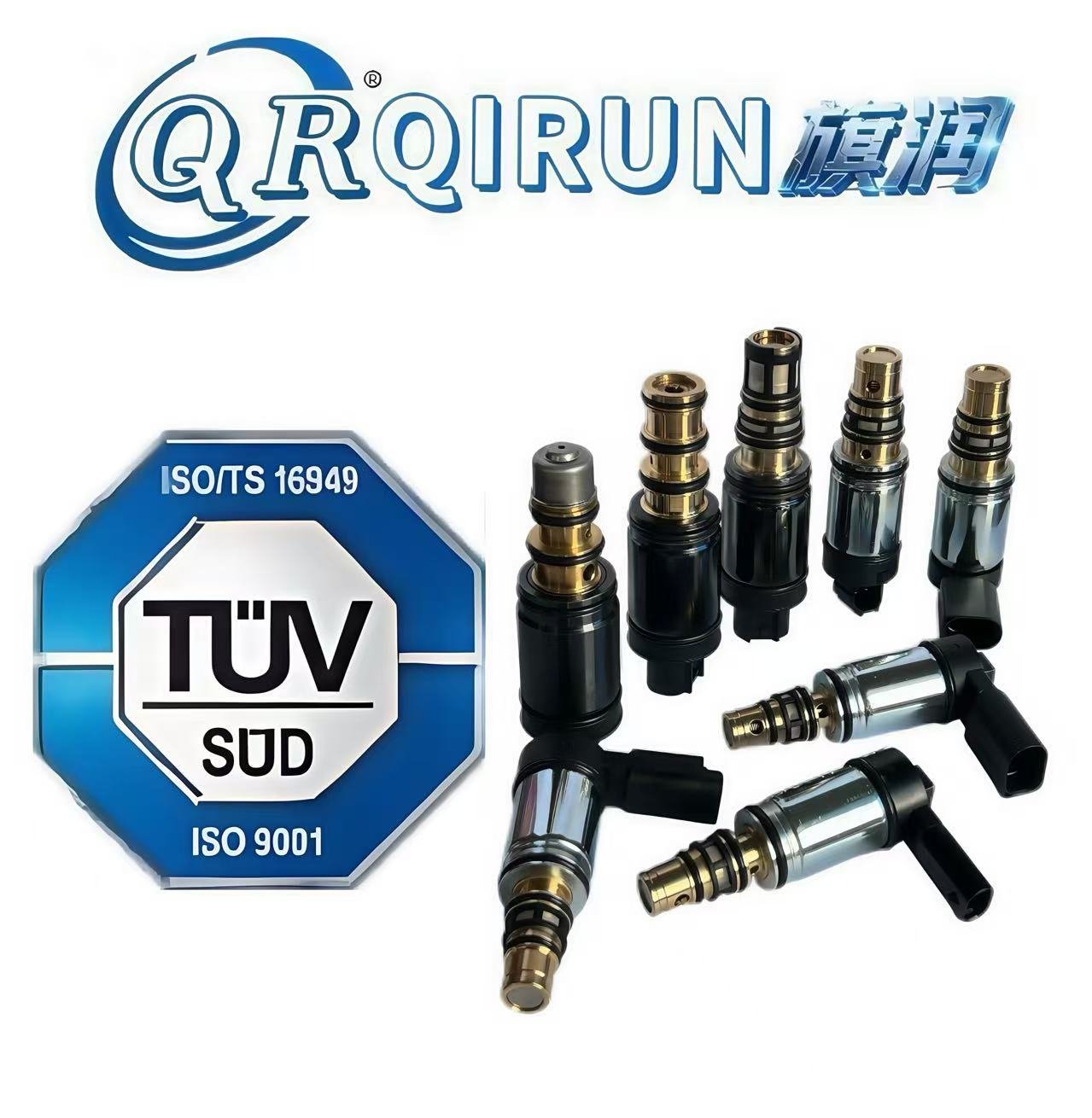Blog
AC Compressor Failure Causes & Prevention | Complete Guide

AC Compressor Failure: Causes & Prevention Guide
Understanding the root causes of compressor failure and implementing preventive measures to extend your AC system’s lifespan
Understanding AC Compressor Failure
The AC compressor is the “heart” of your air conditioning system, responsible for compressing refrigerant and circulating it throughout the system. Compressor failure is one of the most common and costly AC system problems. Understanding failure causes and implementing preventive measures can significantly extend equipment life and avoid expensive repairs.
Compressor Failure Statistics
Over 60% of compressor failures are due to improper lubrication and refrigerant issues, while electrical problems account for approximately 25% of failures.
Primary Failure Causes Overview
The most common causes of AC compressor failure include inadequate lubrication, insufficient refrigerant, severe wear, and electrical faults – all leading to system overload and overheating. Other causes include oil contamination or degradation, severe system blockages, and refrigerant overcharge, all of which can damage internal components and lead to costly repairs.
Mechanical and Refrigerant Problems
Inadequate Lubrication
Oil lubricates the compressor’s internal components; insufficient oil or oil degradation over time increases friction and overheating, eventually causing compressor failure.
Refrigerant Shortage
Low refrigerant charge forces the compressor to work harder, increasing system strain and heat buildup, potentially leading to overheating and internal damage.
System Contamination
Debris, moisture, or acids in refrigerant lines cause excessive compressor pressure, while oil slugging or filter blockages can lead to catastrophic mechanical failure.
System Damage
Blocked or damaged lines obstruct normal refrigerant flow, creating additional strain on the compressor as it tries to pump fluid through a restricted system.
Electrical and Operational Problems
Electrical Faults
Incorrect wiring, voltage fluctuations, power surges, or compressor circuit failures can cause short circuits, insulation breakdown, and motor burnout – common causes of compressor failure.
Overheating Issues
The compressor’s internal components rely on refrigerant for cooling. When insufficient refrigerant is available, the compressor overheats, leading to performance decline and damage.
Normal Wear and Tear
Like any mechanical device, continuous cycling and exposure to high temperatures cause gradual component wear, eventually leading to performance degradation and failure.
Refrigerant Overcharge
Too much refrigerant in the system causes compressor liquid slugging, severely damaging pistons, valves, and other internal components, shortening compressor life.
Refrigerant-Related Issues
Refrigerant Leaks
Slow or rapid refrigerant leaks reduce system charge, causing the compressor to work harder and potentially leading to overheating and premature failure.
Wrong Refrigerant Type
Using incorrect refrigerant or mixing different types can cause chemical incompatibility, reduced efficiency, and compressor damage.
Improper Refrigerant Charge
Both undercharging and overcharging the system create abnormal pressure conditions that strain the compressor and reduce its operational life.
Moisture Contamination
Moisture in the refrigerant system causes acid formation, corrosion, and ice formation, all of which can damage compressor components.
Maintenance-Related Issues
Lack of Regular Maintenance
Skipping annual maintenance allows small issues to develop into major problems, significantly increasing the risk of compressor failure.
Dirty Coils and Filters
Accumulated dirt on condenser and evaporator coils reduces heat transfer efficiency, forcing the compressor to work harder and increasing failure risk.
Poor Airflow
Restricted airflow across coils due to dirty filters, blocked vents, or faulty fans increases head pressure and compressor workload.
Incorrect System Sizing
Oversized or undersized AC systems cause short cycling or continuous operation, both of which put excessive strain on the compressor.
Early Warning Signs of Failure
- Unusual Noises: Knocking, grinding, or screeching sounds during compressor operation
- Reduced Cooling: Air from vents isn’t as cold or takes longer to reach set temperature
- Frequent Circuit Breaker Tripping: Compressor startup causes circuit protection devices to activate
- Frequent System Cycling: Compressor short cycles with abnormally short run times
- Visible Damage Signs: Compressor housing corrosion, oil stains, or physical damage
- Abnormal System Pressures: High or low pressure readings outside normal ranges
- Higher Energy Bills: Unexplained increase in electricity consumption
Effective Compressor Failure Prevention
Regular Professional Maintenance
Schedule preventive maintenance, such as biannual HVAC inspections, to identify and address issues like wire damage, acid buildup, and filter blockages before they cause major damage.
Prompt Problem Resolution
If you notice signs of AC problems, such as strange noises, warm air, or frequent breaker trips, immediately contact a qualified technician to prevent issues from worsening.
Proper System Evacuation
After repairs, ensure the system is properly evacuated to remove air and moisture, preventing contaminants from causing future problems for the new compressor.
Regular Filter Replacement
Clean or replace air filters according to manufacturer recommendations to maintain proper airflow and reduce system pressure.
Recommended Maintenance Schedule
| Maintenance Item | Frequency | Check For |
|---|---|---|
| Air Filters | 1-3 Months | Clean or replace clogged filters |
| Refrigerant Levels | Annually | Check charge level, detect leaks |
| Electrical Connections | Annually | Inspect terminals, connectors, and contactors |
| Condenser Coils | Annually | Clean dust and debris |
| System Lubrication | As Needed | Check oil level and quality |
| Comprehensive System Check | Twice Yearly | Full assessment by qualified technician |
Key Takeaways for Extending Compressor Life
AC compressor failure is often caused by a combination of factors, but most issues can be prevented through regular professional maintenance and timely resolution of minor problems. Investing in preventive maintenance not only helps you avoid expensive compressor replacement costs but also ensures your AC system operates efficiently throughout its service life.
Remember: When it comes to compressor problems, prevention is always more cost-effective than repair!
